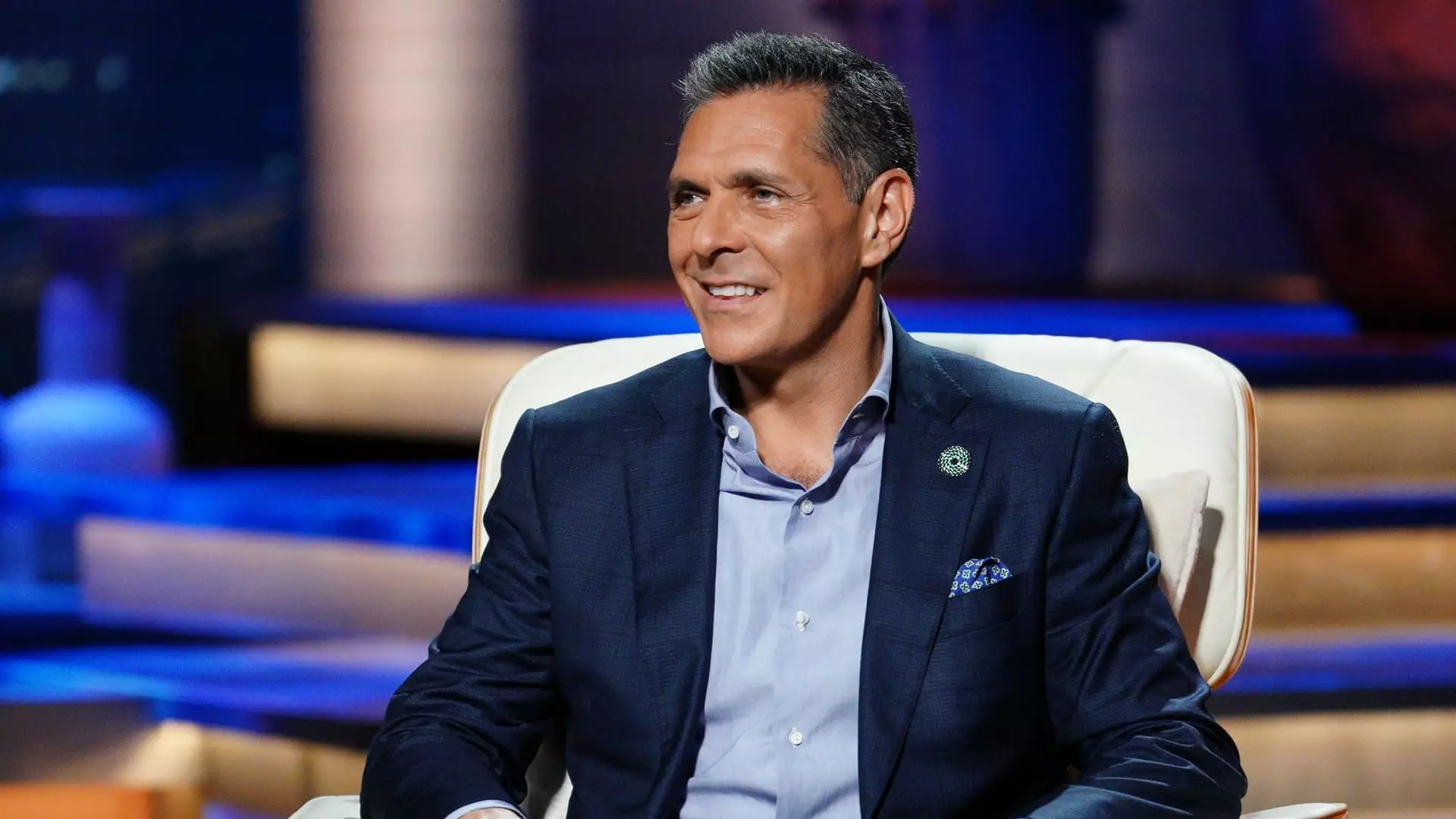In the realm of high finance, the movement of wealth from one sector to another often presents itself as a calculated strategy. However, one cannot help but dissect the moral implications of such transitions. Billionaire Daniel Lubetzky, renowned for creating Kind snack bars, has ventured far beyond the comforts of nutty bars and into the uncharted waters of longevity and health care through his firm, Camino Partners. While the apparent democratization of wealth remains admirable, one must question whether this is a genuine act of altruism or a clever publicity stunt couched in benevolence. If today’s billionaires were truly invested in social change, they would not merely target lucrative markets but instead prioritize society’s most pressing needs—like income inequality and environmental degradation.
The Illusion of Philanthropic Investments
Lubetzky’s transition into investments that extend beyond food and beverages echoes a familiar narrative among wealthy entrepreneurs. The allure of profitability often masquerades as a commitment to the public good. With investments in firms like Barry’s Fitness and the home health-care provider LiveWell, one may be led to believe that the billionaire is indeed looking out for consumer health. However, it raises important questions: Is this approach truly about enhancing quality of life, or is it merely another avenue to augment personal wealth? Critics of wealth accumulation practices argue that lucrative ventures often overshadow genuine societal contributions, ultimately chastising the elites who try to wear the same public-spirited cape while building their financial empires.
The Shifting Nature of Investment Priorities
The evolution of investment strategies among the ultra-wealthy reveals a transformative shift from early-stage startups to established businesses. Lubetzky, having learned under the astute guidance of his executive team, particularly Elle Lanning, understands that the higher the revenue, the lower the risk. This perspective pushes young entrepreneurs out of the picture and places the emphasis on capital and returns. While the underlying logic aligns with maximizing profits, it raises a profound ethical dilemma. Are these billionaires losing touch with the very foundations of entrepreneurship—the spirit of innovation and the possibility of stumbling? Investing solely in proven businesses may eliminate some risks, yet it also casts aside the next generation of trailblazers striving to change the world.
Expertise over Instinct: A Deeper Issue
The tendency of billionaires, like Lubetzky, to rely on a cadre of experts for guidance can lead to an overreliance on data-driven decisions rather than instinctual, passionate ones. Current investment strategies reflect a broader trend dominated by firm structures, metrics, and analytics, which may stifle the organic impulses that often spur significant innovations. It seems ironic that those who once revolutionized the business world by breaking molds are now retreating to conventional approaches, clutching at the familiar rather than championing the new. These billionaires risk becoming conservative gatekeepers of an old order, dampening the innovative spirit needed to navigate the complexities of modern issues.
The Disheartening Landscape of Wealth Inequality
While the political right continues to champion free-market ideals that facilitate individual fortunes, the failures of this system are displayed in stark contrast when observing the widening gap between the haves and the have-nots. Incidents of billionaires fortifying their investments in select sectors that cater to an elite clientele only further exacerbate social disparities. This brand of wealth accumulation represents not merely a failure of ethics among the powerful, but a grim vision of a society in which the rich capitalize on every crisis imaginable, from health care to fitness. We must confront the reality that the true existential challenge we face transcends the mere monetary ambitions of these elites and questions the character of those leading our communities.
Each financial move made by the ultra-wealthy merits scrutiny—not only for their impact on the economy but for their broader implications on societal welfare. This analysis reveals a poignant truth: as society grapples with multifaceted crises, the wealthiest must reckon with their role not just as investors, but as stewards of social integrity. The narrative of philanthropy in investment cannot overshadow the pressing imperative for a more equitable world.


Leave a Reply